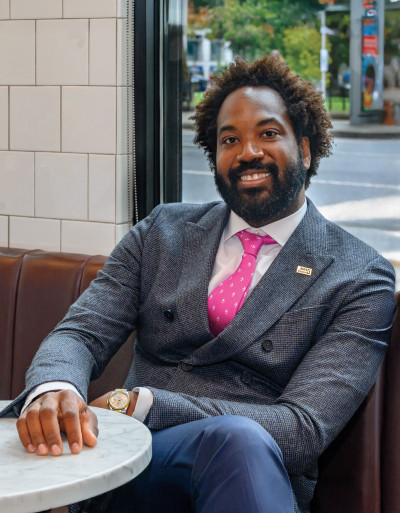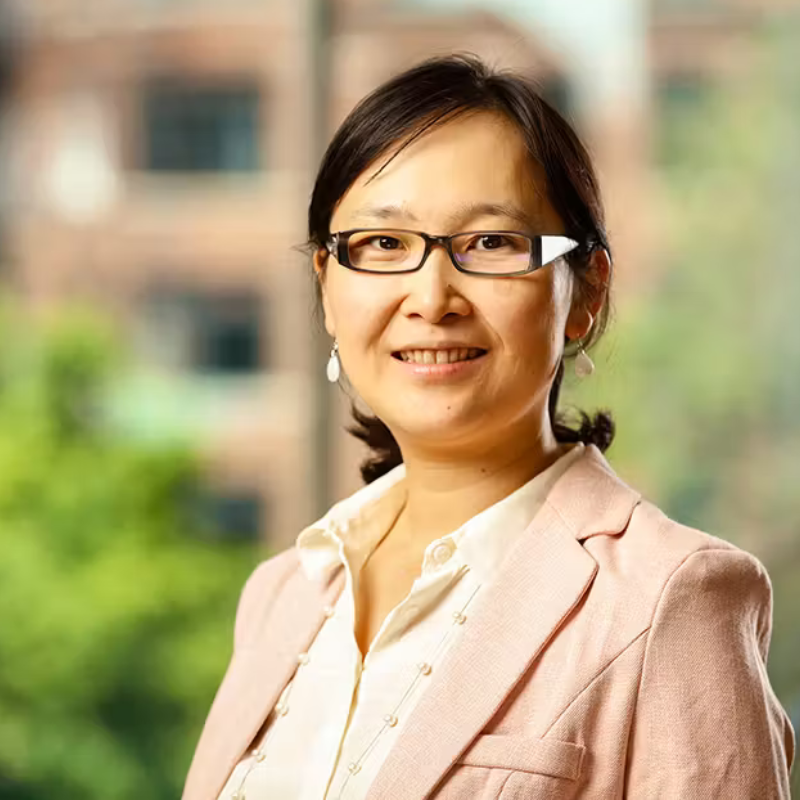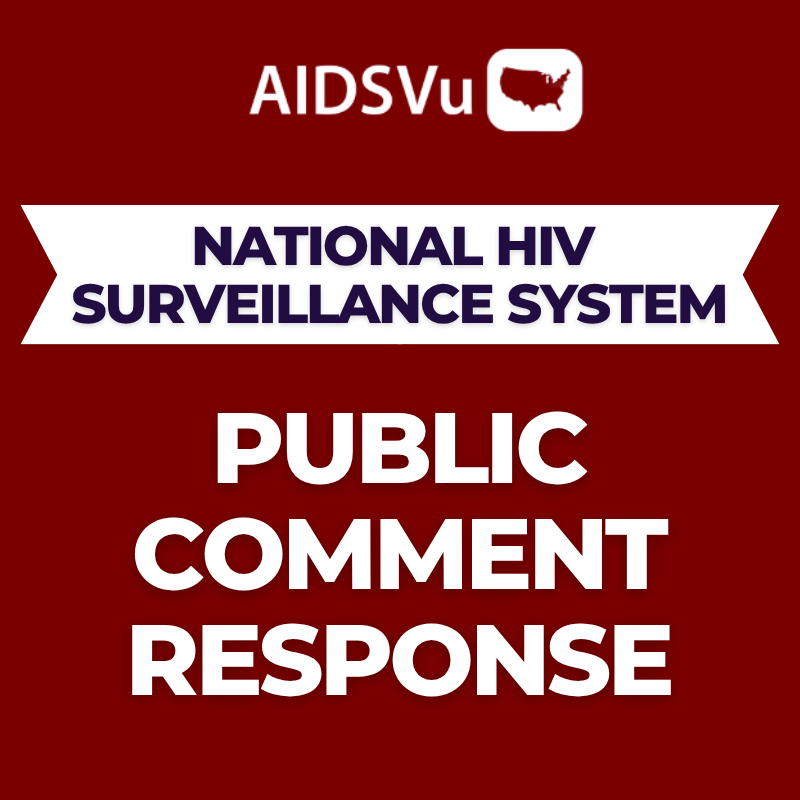Marvell L. Terry II (he, him, his) is a dedicated educator, grassroots activist, and cultural organizer from Memphis, Tennessee, now residing in Atlanta, GA. His personal experience with a positive HIV diagnosis jump-started his more than a decade-long career in HIV advocacy, grantmaking and addressing social injustices, with a significant impact at the local, state, and national levels.
Q: You’ve been working in HIV advocacy for more that a decade; how have you seen this work evolve over the last ten years?
My first role in the HIV space was as an early intervention specialist (EIS) in my hometown of Memphis, Tennessee. That’s where my HIV advocacy experience started — linking newly diagnosed individuals into care, advocating for my patients in a medical setting, administering HIV testing, going to health fairs, and doing public education. There were multiple moments throughout my early career where I got an opportunity to be a part of networks that introduced me to different spaces. The Young Black Gay Men’s Leadership Initiative (YBGLI) was one avenue that advanced me from doing local work to state work, and then later, national work.
The genesis of my work with HIV advocacy truly started after my own HIV diagnosis. I remember when I was diagnosed, this social worker gave me my HIV status and told me that they were surprised that I was still able to stand or sit up. I asked ‘well, why?’ They said ‘your CD4 count is two. You should be really, really sick right now.’ After that diagnosis and doing this dance with my HIV treatment like so many do, I kind of got into HIV advocacy, but my official entry was in my role as an early intervention specialist. I share this story to the point of being redundant at this point because it keeps me grounded, and it’s my origin story, in a way, as a fan of Marvel Comics (inside laugh).
This advocacy has certainly expanded over time. It has always been present in our movement space, but the assault on identities, women’s bodies, gay folks, trans folks, and Black folks – this assault on intersectional spaces that so many of us operate in – I have not seen that over time. Early in my HIV advocacy career, I did not see these attacks or criminalization of identities. It comes down to race and opportunity. Now, we’re peeling back the layers and naming it through racism, or homophobia, or transphobia. Initially, in my work, we weren’t actually naming those attacks on identity.
Q: Health equity is a term that is used frequently among HIV activists, researchers, providers, and other stakeholders. What does health equity mean to you and your work?
Health equity has different definitions for multiple people in multiple movement spaces. For me, it’s about ensuring that no matter one’s identity, everyone still has the same opportunity to achieve their best health. For example, if a Black woman approaches the emergency room and says they are in pain, they should be believed. If a Black trans woman is in the same situation, they should still get the same services as someone who does not look like them. Health equity, to me, translates into leveling the playing field – everyone who walks through this door gets optimal, high-quality healthcare. It should not be predicated on one’s gender, or one’s race or ethnicity, but rather ensure that all people have the same opportunity at what we need. This means that sometimes, in trying to achieve health equity, there are certain communities that need to be prioritized a little bit more than others. We should recognize that health equity in action means hard, difficult, and intentional work. But in the end, it will level the playing field and provide everyone with the same opportunities.
Q: We know that increasing PrEP use among those who can benefit from PrEP is effective at reducing the number of new HIV diagnoses, but PrEP has historically not reached some of the communities that need it most, such as Black women and Black men in the South. What can stakeholders do to increase PrEP equity alongside overall PrEP use?
It’s vital that stakeholders recognize access around the core of health equity – the uptake of Black folks is very limited. Tailored and cultured conversations with new modalities are crucial to change because often, communities of color do not trust the healthcare system. The strategy of PrEP, specifically, has not been adequately communicated to communities of color and Black folks. This communication is not only useful for Black gay men or Black same gender loving folks, but also for Black women that are both trans and cisgender. It is good for young Black people. We have not yet had this conversation because to have a conversation around the strategy of PrEP means that we must have conversations about actively having sex and enjoying pleasure. But particularly in the Black community, we don’t want to talk about sex or pleasure – meaning we can’t adequately talk about the strategy that would prevent us from being diagnosed with HIV.
Q: Much of your work has focused on the stigma that Black people with HIV experience, especially in the South. How does this ongoing stigma impact prevention, testing, and getting into care?
It can be very complicated; very nuanced. There are so many layers to talking about Black folks and stigma – especially when talking about how powerful stigma can be. Often, I recognize this cloak of religion. Religion can inform so much in the Black community, and it continues to perpetuate this stigma that exists in Black communities. Ultimately it is that resistance towards conversations about sex, pleasure, and breaking down systems and structures that prevent Black folks from experiencing health equity. Instead, we just remain quiet and take the approach of ‘what goes on in this house, stays in this house.’ That’s something that I grew up in – we didn’t talk about what was happening in the house. That taught me early on that there are certain things you just don’t talk about. Particularly, HIV was something that we did not talk about outside of the house. Addressing stigma is about shaking the tree. We have to continue to interrogate this ideal and this ideology around what stigma looks like to us.
Q: You are hosting a summit before USCHA that focuses on the HIV epidemic among Black people in the South. What do you hope to accomplish with this summit?
Last year, I saw the announcement that USCHA was in the South and focusing on the South. I applaud USCHA for this prioritization of the South, and in my eyes, we cannot adequately focus on HIV in the South without naming the community that is most impacted. That community is Black people: Black gay men, Black women, Black trans women, Black trans men, Black cisgender men, Black young people – all are most impacted by HIV in the South. It begs the question: Why don’t Black folks get together and strategize? A goal of BLK in the South Summit, presented by Gilead Sciences, is to strategize on how to end HIV in the Black community. We want to figure out how we all can come together and present one voice without siloing the community. Of course, this brings up many further questions. How do we strategize about this? How do we share best practices? How do we see a vision forward? I also want to strategize about experiencing joy. This is a historic meeting.
There is so much to fight in this moment, and while I want to create a summit to interrogate our response to HIV, I also want to investigate the ways that we can experience joy and how to do so in an encouraging way with the Afterglow: A Celebration that will happen after the Summit. The future is bright for Black folks living in the South, and I want the summit to show that. We are a resilient people despite the anti-HIV, anti-gender, anti-minority, and often Republican-dominated leadership that challenges our mere existence.




